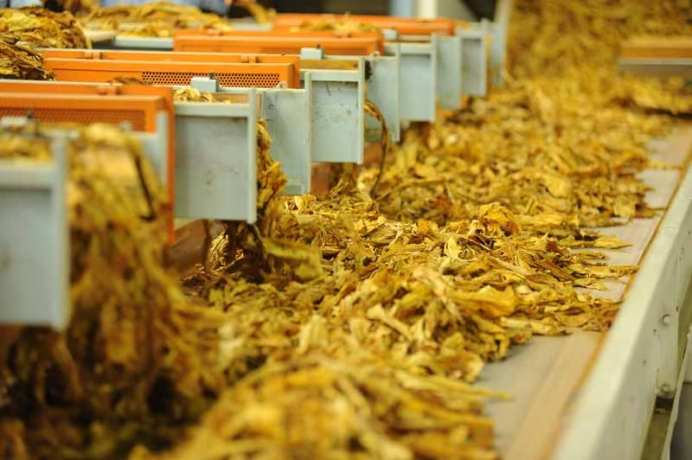
The winds of rural transformation are sweeping across Zimbabwe, and in the quiet farming community of Magunje, Mashonaland West, that vision is beginning to take physical shape. With earthmovers at work and optimism running high, Chinese firm Whi-Zim is laying the foundation for a billion-dollar cement manufacturing plant that is poised to redefine the economic landscape of this rural outpost.
In alignment with the Second Republic’s rural industrialisation thrust, the project is not just an investment in infrastructure, but a symbol of inclusivity, bringing jobs, clean water, and hope where many had only known subsistence livelihoods. The magnitude of the investment, US$1 billion, is already echoing through the valleys of Magunje, and with cement production scheduled to begin by June next year, the momentum is undeniable.
For villagers like Melody Chakabva, one of the first women to be employed at the site, the plant is a game-changer. “I never imagined Magunje would have a company this big. Being employed here has allowed me to support my parents and gain independence,” she shares. Over 50 locals have already found employment in the initial construction phase, and many more jobs are expected as the project scales up.
Beyond job creation, the investor has drilled 11 boreholes, easing water challenges in the area and reinforcing government efforts to provide clean and safe water to rural communities. This gesture of social responsibility has not gone unnoticed. Local Councillor Dosmatter Makumbirofa praised the early benefits, highlighting how the initiative is rapidly enhancing lives.
Traditional leadership has also thrown its weight behind the project. “President Mnangagwa’s vision is taking shape before our eyes,” declared Chief Chanetsa. “This plant is set to improve lives and bring prosperity. We urge our people to embrace this opportunity.”
Progress on the ground is encouraging. Whi-Zim’s Operations Manager, Mr Grant Salim, confirmed that site levelling is complete, with the facility now connected to the national power grid. “We’ve received the construction materials and set up preliminary structures for plant operations and worker accommodation. By the end of May, we aim to complete the installation of the mixing station and brick-making machinery,” he said.
The cement plant, a partnership with local firm Labenmon Investments, is a strategic intervention into rural development. “Choosing Magunje was deliberate,” explained Mr Thomas Chidzomba, Labenmon’s representative. “It’s about pushing rural industrialisation forward and supporting Vision 2030 through tangible, localised development.”
The benefits won’t end within Magunje. A new transmission line is planned, and a 47-kilometre road connecting the site to a limestone mining area will be rehabilitated. When complete, the plant will boast a production capacity of 1.2 million tonnes of clinker and 1.8 million tonnes of high-grade cement per year, potentially boosting Mashonaland West’s GDP and making it a new hub of industrial output in Zimbabwe.
Whi-Zim falls under Yaobai International Holding Limited, part of Hong Kong-listed West China Cement Ltd, which adds a global dimension to this local success story.
What’s happening in Magunje is more than the construction of a cement plant, it’s the construction of a new narrative. One that says rural Zimbabwe is not on the margins of development, but at the heart of it.




